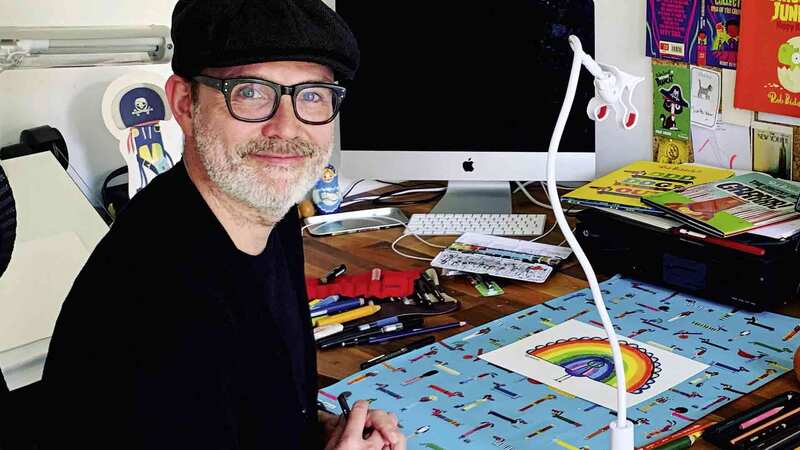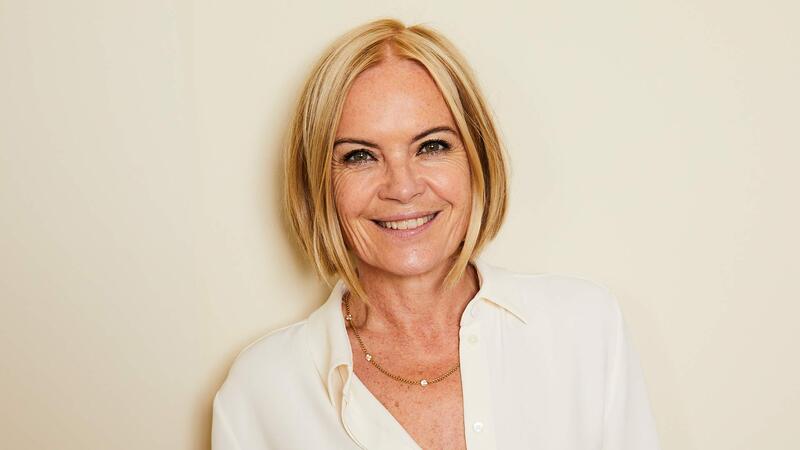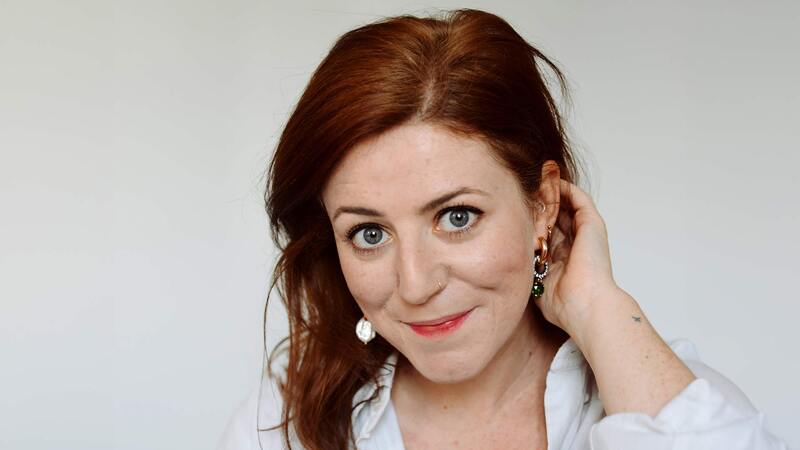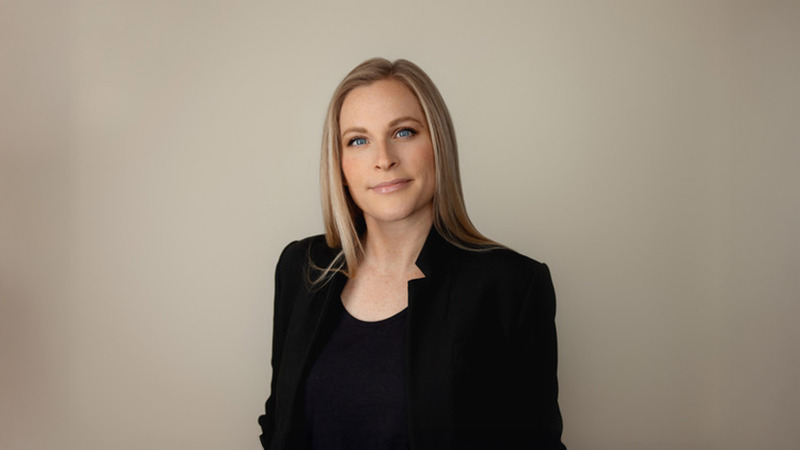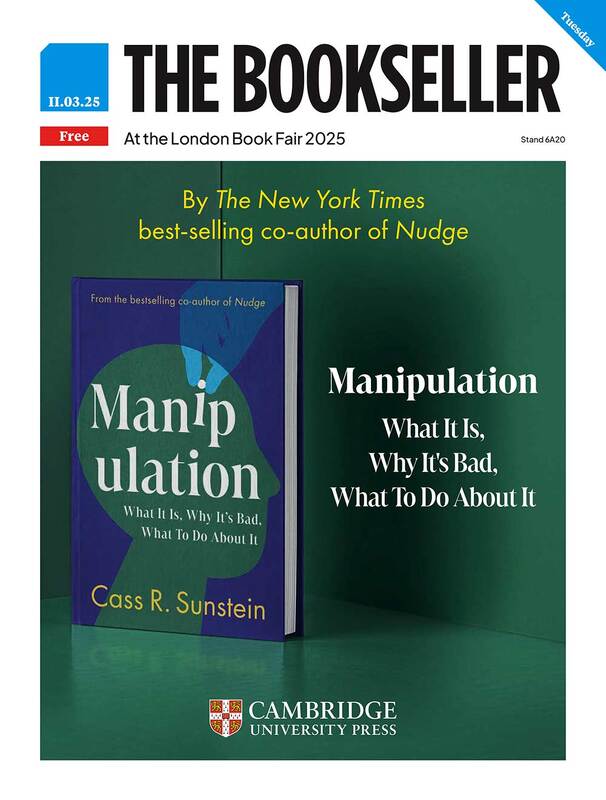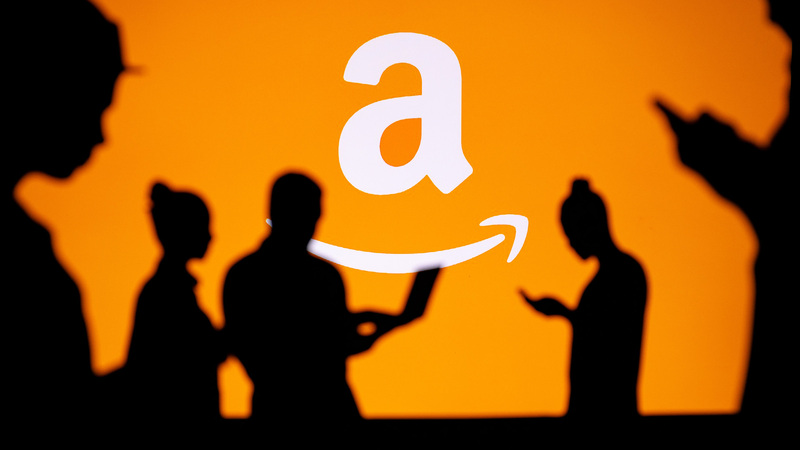You are viewing your 1 free article this month. Login to read more articles.
Author Szereto 'horrified and angry' over Amazon fake e-book scam
American author Mitzi Szereto says she has been plagued by fake pornographic e-books listed under her name on Amazon in a similar scam to one which previously targeted commercial women’s writers in the UK.
Szereto, who has been an author for more than 20 years, recently discovered four Amazon Kindle books labelled under her name which were not written by her with titles like Forbidden and Forced Dirty Collection, available for free on its Kindle Unlimited service. It comes four years after The Bookseller revealed authors such as Melissa Hill, Miranda Dickinson and Millie Johnson had been affected in this way.
The author told The Bookseller of her experience: “I happened to be doing a check of my books on Amazon, since I have a new book coming out. That's when I saw the first two books and they appeared very high up on my list of published books. After I finally managed to get these fraudulent books taken down, a Facebook friend in Germany who'd seen my post about the name fraud, alerted me that two more books had appeared under my name — in fact, within hours after the first takedown. It seems as if the fraudster was all set to go with fresh books to upload and was not deterred in the least.”
Szereto, who also recounted the experience in her blog, described the hoax e-book experience as leaving her “horrified and angry”. The US-based author and anthology editor’s books encompass various genres including crime and erotica and her work has been published in America by various independent publishers such as Cleis Press and Mango Publishing and translated into several languages. She told The Bookseller: “I have worked hard to establish myself in what is an extremely difficult profession.”
“Seeing such downmarket, tacky and yes, revolting, content appearing under my name made me feel sick,” Szereto said. “My name was even pasted on the book covers and on the copyright page. One of the books even made it onto Goodreads, appearing on my author profile under my list of books.”
The author described how the books had been listed for several days across all international sites before her discovery and said there was a lag after reporting it to Amazon. She added: “It still took at least a day and a half before the ones I reported finally got taken down. So who knows how much damage was done in those few days?”
Reporting it to the online retailer also proved a difficult experience for the author and eventually she contacted a senior representative. “I kept sending in the online report forms and also shouting about this on Twitter, even tagging their help account," Szereto said. "I tried every avenue I could, including their copyright infringement email. Finally, I'd had enough. So I sent an email to three of the top brass at Amazon, and that yielded a personal response. Someone from the Kindle Direct Publishing executive department phoned me. I was told that they are taking measures to stop this from happening, though what those measures are was not disclosed to me.”
She wanted to find out who was behind the scams so that she could contact the relevant authorities but discovered that this information would not be made available to her. She said: “Apparently, they have many departments, all of which deal with a piece of the puzzle rather than the entire puzzle, due to ‘privacy’ issues... I feel as if they're more concerned with protecting the privacy of the fraudster than they are of protecting me from being the victim of fraud on their self-publishing platform.”
The author and presenter is unsure of who is behind the hoax e-books. She said: “The easy answer is that someone reckoned they could make money off my name, since some years back I did work in the erotic fiction genre. Having said that, these fraudulent books bear no resemblance to my body of work, so I'm an odd choice of author to steal a name from, particularly when I now work in true crime. My name is also very unusual, so that adds to the oddness of the situation. The fraudulent books were flat-out porn, and that alone would attract readers looking for such material, and rack up sales and sales rankings. I have to wonder if there isn't something more sinister behind this — if this was done to damage my brand and my reputation.”
She believes that the issue goes wider than Kindle Direct Publishing and is relevant to other self-publishing platforms leaving the “system wide open to abuse”. She added: “Authors must be vigilant and add yet another job to their endless list of jobs — they must be their own police department.”
Amazon told The Bookseller that it had been in contact with the author, apologised directly and had taken the appropriate action. A spokesperson said: "The titles flagged to us are no longer available. We encourage authors with concerns to report them to us directly here or via Brand Registry’s 'Report a Violation' tool so that we can investigate and take the appropriate action."
So-called "catfishing" e-book scams stretch back over a number of years. ZDNet reported in 2016 how Amazon was host to fake e-books which would be available for free for a period of time causing the books to rise up the rankings. The visibility of the books is further boosted by accompanying bot accounts - created by the fake publishers - downloading the books for a few days at a time. As the fake books climb up the charts, many genuine readers are tricked into downloading the books, often for inflated prices once they are no longer listed for free. In 2018 author Patrick Reames revealed how he discovered a book that was supposedly written by him which was “full of nothing but gibberish” and retailing for $555.
Dickinson and Johnson told The Bookseller that they have not been targeted by the scam since 2017. Dickinson said: "It was a truly horrible experience and I wouldn’t wish it on anyone. I lost all my preorders on Christmas In St Ives because sales on my books were temporarily frozen while it was being investigated. It’s worrying that four years later these scammers are still able to operate. Amazon has to take this problem seriously and put safeguards in place to stop it happening again."






